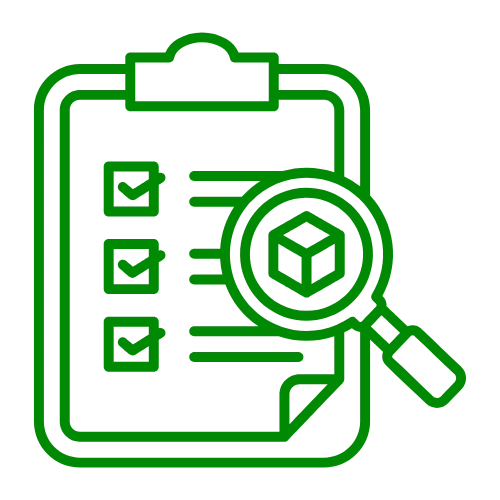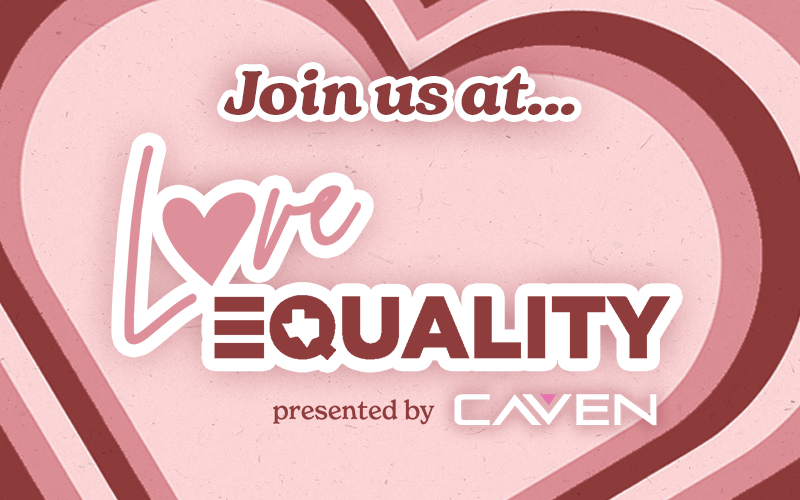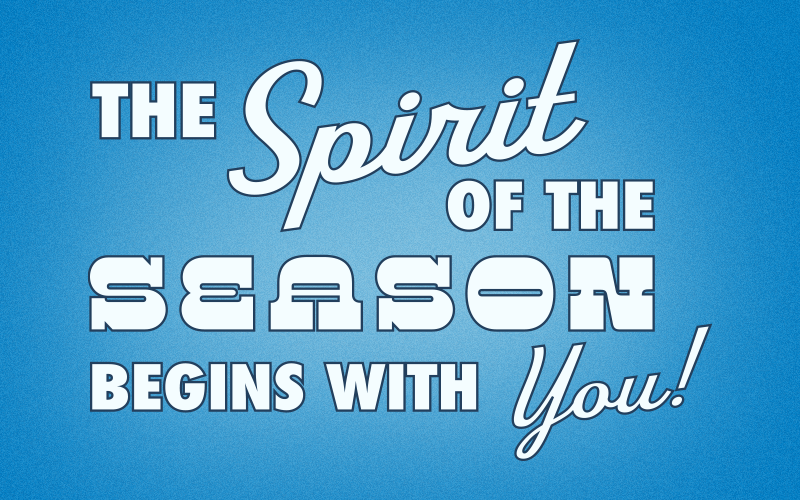
In the past few years book bans have become increasingly popular. Often these policies are disguised as a way to filter appropriate reading content for young people. However, in practice, the books that are being removed tell the stories of LGBTQIA+ and Black and Brown people.
Despite what politicians say, libraries across the state have carefully sculpted policies that guide decisions about which books are permitted on the shelves. School libraries are tailored to specific reading levels and age-appropriate content. But as with any media, deciding which books a child can read is a family conversation. Different parents may have different barometers for appropriate reading materials—that’s what living in a free country looks like. If parents want to set certain parameters for their children, the burden to do so is on them. It’s not appropriate to censor the options available to all students.
It’s important that reading materials about LGBTQIA+ people be available on school shelves because those stories demonstrate to young people that it is perfectly natural to be queer. Stories about queer lives empower young people to be themselves and preserve the rich history of our community. Every student deserves the chance to see themself reflected in a story. We must defend the freedom to read in the state of Texas.

The minds of young people have been the target of some of the most extreme policies in recent history. In addition to pushes to put “biblical” literature and history in public school curricula, there has been a concerted push to remove stories about LGBTQIA+ lives.
Many LGBTQIA+ people have shaped the course of history, and their stories deserve to be shared with the next generation. Telling those stories demonstrates the power of a self-actualized and confident person. They show young queer kids that it’s possible to be queer and successful.
For kids that aren’t part of the LGBTQIA+ community, it’s also important to learn about the lives and history of their friends and neighbors. Everyone must enter the workforce at some point in life. And in a state as diverse as Texas, it is our duty to prepare young people to embrace the beauty and diversity of their co-workers by teaching them about history that crosses cultures, races, and genders.

Trans people belong in sports. Trans women and girls are significantly underrepresented in team sports. We need to build inclusive policies and programs that encourage trans women to participate. Sports can be a fun, community-building way to encourage healthy lifestyle choices. Alienating trans women denies them the physical, mental, emotional, and social benefits of playing sports.
A study from the Center for American Progress shows that women are more likely to participate in sports when trans-inclusive policies are in place. That means that if we want to encourage and protect women’s sports, we should focus on making sports more inclusive.

Safe Spaces are essential for young LGBTQIA+ people. In the wake of a string of political attacks on the queer and trans community, we’ve seen a spike in bullying at schools across the state. Queer kids already face more challenges accessing mental health support, and the political situation compounds their mental anguish. With the tense climate leaking into the school system, it’s more important than ever that young people know which teachers and classrooms provide safe spaces for free expression.

Gender and Sexuality Alliance (GSA) clubs at schools often provide the first affirming community for LGBTQIA+ students. Young people who have even one supportive person in their lives are dramatically less likely to consider suicide. So, these alliances not only offer valuable community support, but effectively operate as a public health tool—decreasing mortality rates of young queer Texans.

Pride events in schools demonstrate to young people that despite what they may have heard on the news or in the streets, queer and trans people are part of their community, deserve respect, and should be celebrated. Pride events put on display the latent support that exists in most Texas communities. During the school year, students may confide in their fellow GSA members or seek support from the teacher with a pride flag displayed, but during pride month straight, gay, trans, and cisgender students all boldly proclaim their support for the community, empowering young people to start their adult life with confidence.

While reporting to a parent about a child’s progress and mental health at school might seem perfectly normal and responsible, divulging certain information about a student could place them in harm’s way. Given the increasingly polarized and political perspectives that have infected the way many people think about trans issues, some young trans and queer people may not feel safe coming out to their parents. Some students who do feel safe at home may also prefer to spend some time using a new name or pronouns while at school before coming out to their parents.
Forcing young people to come out before they are ready may cause grave harm to their mental or physical well-being. Homelessness disproportionately impacts LGBTQ+ young people, largely because they were kicked out of the house after being outed to an unaccepting parent.
When students place their trust in teachers and school administration, the school has a duty to preserve that trust. That duty requires schools to ensure that no disclosure would place a student in harm’s way.

Everybody deserves to pee in peace. It’s not complicated. How people dress and look shouldn’t determine where they pee. Each young person must be empowered to use the restroom where they feel most comfortable. Any attempt to regulate or micromanage these decisions necessarily leads to invasive “gender inspections” and other harmful activities that place young people at risk of harassment, exploitation, and violence.

The Texas Association of School Boards (TASB, pronounced TAZ-bee) issues statewide recommendations to independent school boards across the state. While for many years the association has issued guidance encouraging nondiscrimination protections for LGBTQIA+ young people, it has recently come under fire from extremists who want to remove queer people from public life.
Texas school boards make decisions that have concrete implications on the lives of LGBTQIA+ students. TASB must set politics aside, and focus on the moral imperative to provide safe schools for all students.

Join us in Dallas for a heartfelt celebration of love, resilience, and the power of community, hosted in partnership with our Dallas Steering Committee.

This holiday season, let’s celebrate generosity, hope, and the connections that make our community strong. Make your gift today and keep the spirit of the season going.
This site uses cookies to store data on your device, improving your experience. Some cookies are necessary to site function, while others are optional but help make your experience on our site smoother.
By using our website, you accept the terms of our Privacy Policy.